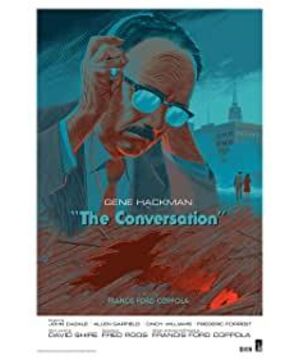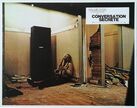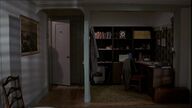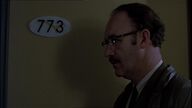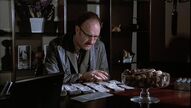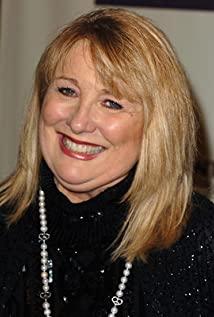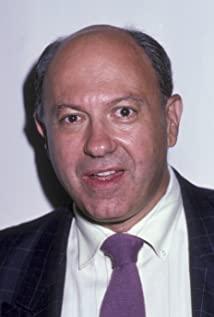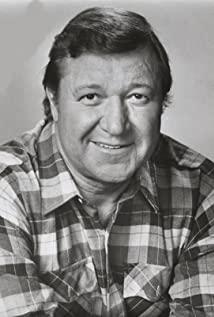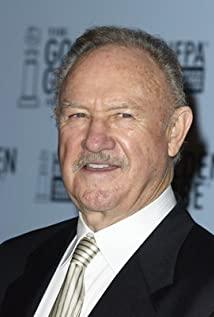When you reveal the secrets of others to the world, have you ever wondered how much harm it will cause them? A world without privacy is left with loneliness and suspicion.
Seventh score: 7.80
Synopsis
Harry (Jean Hackman) is a professional eavesdropper. It can be said that there are almost no rivals in the industry.
He once worked for the Attorney General in New York, completing an almost impossible task, but this task also indirectly killed some innocent people.
Afterwards, Harry quit his job, moved to San Francisco, opened a monitoring company, and started his career.
However, he often went to the priest to confess to ease his conscience.
Harry's professionalism is very high. Everyone around him doesn't know him, including his lover, his age, let alone his occupation.
Finally, the lover left him, after all, no one wants to spend a lifetime with someone they don't know at all.
The task this time is to monitor the conversation of a man and a woman in a crowded square.
It was difficult for others, but Harry finished it easily.
When he went back, Harry checked the recording and found that the content of the conversation seemed to imply that someone was going to disadvantage both of them.
The attitude of the employer's secretary also verified Harry's conjecture, because he warned Harry to hand over the tapes quickly, otherwise someone would be harmed.
Harry has always been very principled. He kept the tapes without handing them in on the grounds that "the tapes must be handed over to the employer himself."
At the same time, he wanted to listen carefully again and find evidence.
Harry used technical means to restore a sentence that was not very clear in the dialogue. The content read: "He will kill us if he has the opportunity."
This made Harry into a tangled entanglement. The events in New York were vivid, and he didn't want his work to indirectly kill two people.
After some ideological struggle, Harry decided to destroy the tape, but unexpectedly, the tape was stolen.
Faced with intimidation and threats, Harry thought about giving up, but this time, his conscience surpassed his fear.
He decided to personally go to a hotel mentioned in the tape, hoping to stop this tragedy.
Harry took the monitoring equipment and chose the next door to the target room, but what was waiting for him seemed to be a big conspiracy...
Film Analysis
The film uses the famous "Watergate Incident" (in the 1972 U.S. presidential election, five Republicans infiltrated the Democratic Party's office and were arrested, causing Nixon to announce his resignation). We tell the story of a professional eavesdropper.
Although the film has a slow pace, the director used a lot of pen and ink to vividly amplify the complex, hesitant, and hesitant psychological activities of the characters through the actions, expressions and details of the characters to capture the hearts of the audience.
Eavesdropping is something that has no moral bottom line. If a person loses his privacy, it is like being thrown naked in a square where people come and go. People stop and watch, point fingers, and talk about you. If the world we live in loses privacy, then people will live in fear every day, frightened and insecure at all, and what the film presents to us is such a terrifying world.
Our protagonist Harry is a top eavesdropper, but he is also an extremely insecure person. Facing the landlord’s birthday wishes, the first thing he thought of was not gratitude, but his privacy was violated. In the face of his lover, he concealed his origin, occupation, and even age. He had no sense of security, let alone bring security to the one he loved, so the lover left him. His profession makes him unable to trust anyone and is suspicious all day long. How many people can bear this kind of life?
The eavesdropping equipment in the film is very powerful. There are microphones that can pick up the sound from a long distance, and there are bugs that can eavesdrop on the phone as long as the number is dialed. In the process of watching the movie, we went from surprise to fear to fear. If such eavesdropping devices are used on our own body, how much will our lives be affected? In the film, Harry was eavesdropped once by his peers with a trick. He was furious. The director told us with this passage that no one can bear his secret being revealed to the world, so those who were eavesdropped by him How do you feel? He should be very clear.
Of course, Harry is not a heinous person. He often goes to the priest to confess his sins. The death of a family of three indirectly caused by wiretapping many years ago also made him more sensitive. He did not want his conscience to be condemned again, so he Only involved in this incident in the film. But the director joked with us again. Does the reversal at the end tell us that we can understand the facts by eavesdropping? Do not! What we hear is only one-sided, and the truth must be different from what we imagined. So why should we steal some one-sided facts with a conscience?
The ending of the film is very cruel to Harry, but it is a warning to our audience. The so-called fan of the authorities, a person who has been spying on the privacy of others for a long time, is most afraid of the exposure of his privacy, and it is very simple to destroy him. Just let him be suspicious, he will personally destroy everything about himself, including faith, because doubts often come from people's hearts.
What we hear with our own ears is not necessarily the truth. When we try to use our own thoughts to guess the information we heard, we have already run counter to the truth.
View more about The Conversation reviews


